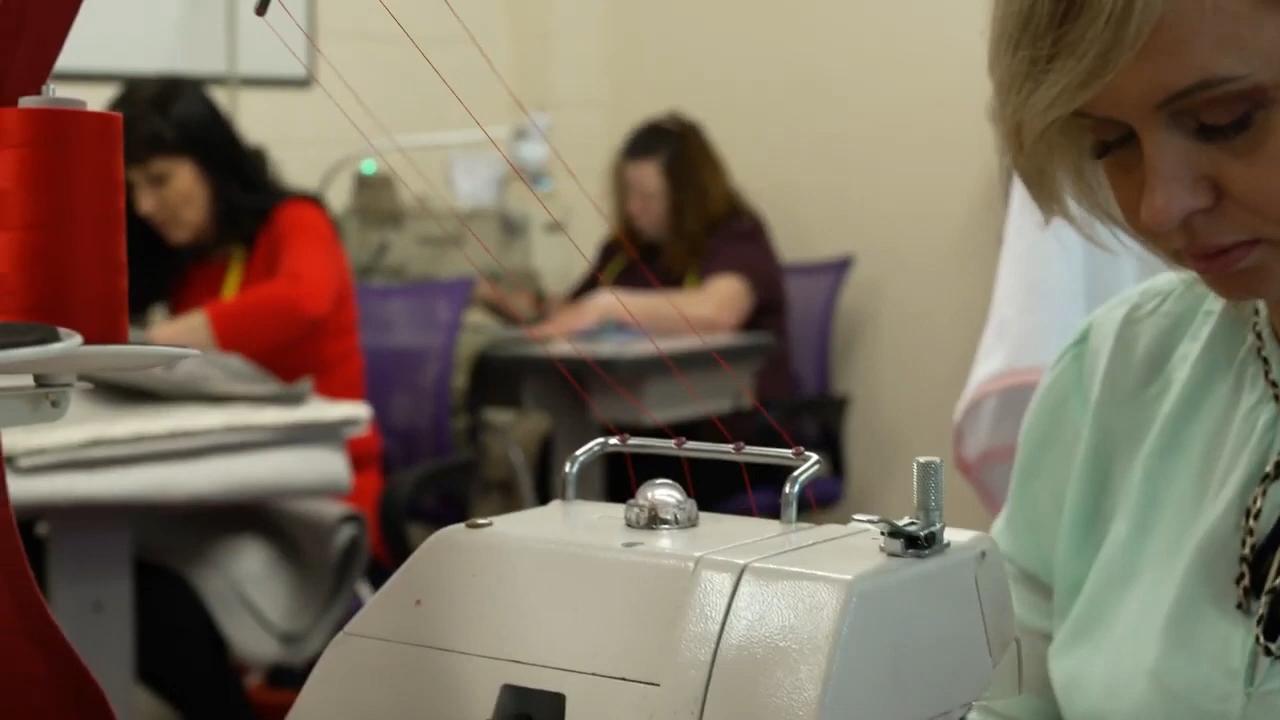
We love linen!
Linen is made from flax, a blue-purple flowered plant that grows especially well in Northern Europe. It is one of the oldest, best-loved textiles in the world and has been used globally for centuries. The flax plant requires less water to cultivate than other textile crops and can be grown without the use of pesticides.
The production process has not changed much over centuries, like the retting of flax fibers (laying the cut plant on the ground and letting moisture separate the useful fibers) and weaving them into linen threads on traditional handlooms. Whilst modern technology has developed new production techniques, eco-friendly methods are still used to create linen around the world. Compared to synthetic, man-made materials, the natural linen fabric production process uses fewer chemicals, boosting its sustainability credentials.


Supply Chain, Durability and Environmental Benefits
To ensure we are using linen that is grown and produced sustainably, we have partnered with a traditional European Linen Mill. Thus every stage in the process, from flax plant to finished cloth, is compliant with all ethical and environmental regulations. Guaranteeing the fabric is of good quality and will last for a long time. Linen made in other parts of the world, like the Far East for example, may not meet such stringent environmental standards and have more potential to be produced under poor and unacceptable working conditions.
Linen is a strong and durable fabric, resulting in big environmental benefits e.g less waste going to land fill, fewer products as the ones we have will be longer lasting. So buying linen products can be seen as smart investment for you and our planet.
Fast fashion is damaging our precious earth; it encourages the frequent purchasing and discarding of clothes and home textiles. We believe linen can transcend this, thanks to its timeless beauty and durability, meaning it is always a stylish addition to your wardrobe and home. Unlike some synthetic fabrics that wear thin and are easily damaged, linen actually gets better with every wash and use. When it does come to the end of its long and useful life, linen is naturally biodegradable taking around two weeks to break down, in comparison to synthetic fibres like polyester which can take over 200 years.
Here at Tica Lily, making sustainable linen products is our passion – creating timeless pieces with a long lifespan, with a minimal environmental impact on our beautiful planet.
Buy sustainably and support UK manufacturing.


